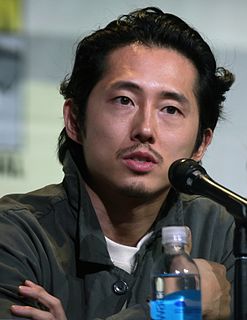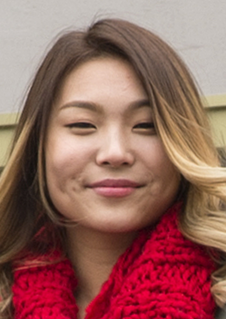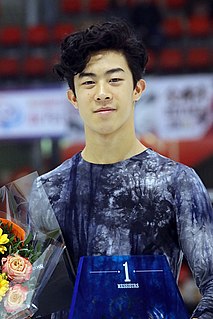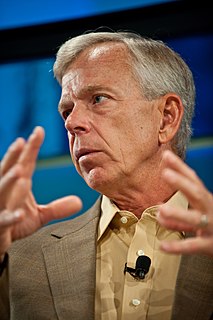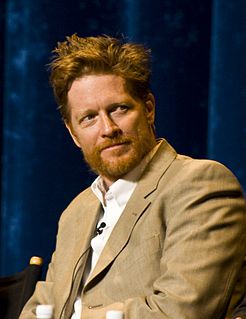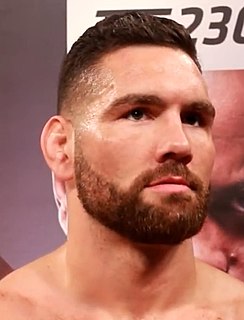A Quote by Steven Yeun
I'm Korean-American. Not Colombian. My parents are first-generation, and I'm like... in-between, because I moved over here when I was four or five.
Related Quotes
I'm so used to America, used to the traffic in L.A., and I don't really feel it click with the Korean culture. But obviously, I have a Korean face, and I feel like that's just - you know, I can't walk around people like I'm, like, straight-up American. It's like, I'm Korean American. My parents are from Korea.
If you look at the first generation of wireless, it really lasted about 15 years before we went to the second generation. When we implemented the fourth generation, which allowed us to do all the smartphones and the videos, the time between that and going to the fifth generation is going to be four years.
I'm first generation American, and my parents were both from Nigeria. And so I always say that I'm literally an African American. So my last name is Famuyiwa, it's different. And so that was a part of my experience from people not being able to pronounce it to not sort of having sort of a shared, common history with a lot of the kids that I was growing up with because my parents were from Africa.
I love Korean food, and it's kind of like home to me. The area that I grew up in outside Chicago, Glenview, is heavily Korean. A lot of my friends growing up were Korean and when I would eat dinner at their houses, their parents wouldn't tell me the names of the dishes because I would butcher the language.
THe Chinese like the satellite state [North Korea] between China and our forces, they fear that in a reunified Korea, American troops would be at the Yalu River and they've seen that movie before. They didn't like it the first time they saw it and they don't like it any better today. So they are quite happy with the divided Korean peninsula and that's a fundamental difference between the way they see things and the way we see things.
Essay on Adam" There are five possibilities. One: Adam fell. Two: he was pushed. Three: he jumped. Four: he only looked over the edge, and one look silenced him. Five: nothing worth mentioning happened to Adam. The first, that he fell, is too simple. The fourth, fear, we have tried and found useless. The fifth, nothing happened, is dull. The choice is between: he jumped or was pushed. And the difference between these is only an issue of whether the demons work from the inside out or from the outside in: the one theological question.
